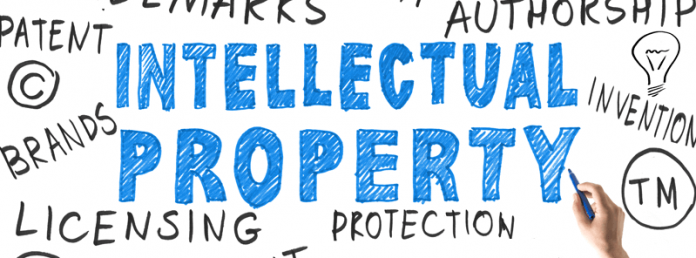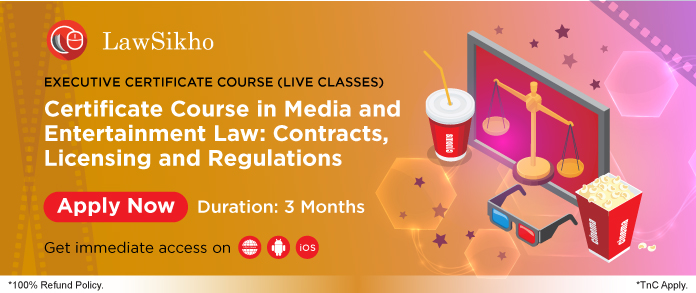This article is written by Ramanuj Mukherjee.
IP prosecution is the process and interaction that takes place between an applicant trying to get certain IP rights – which could be patents, copyright, trademark, design rights, or plant variety protection or even geographical indications, and the IP authority, such as the patent office, office of trademark registrar, copyright registry etc. There can be pre-grant and post-grant prosecution, so the work does not end with the registration of the IP.
However, IP prosecution does not include IP litigation. IP litigation can arise between private parties, for example, between the IP holder and someone who infringes or abuses such IP.
To understand better the concept of IP prosecution, let’s take the example of patent prosecution.
Patent prosecution describes the interaction between applicants and their representatives, such as a patent attorney, and a patent office with regard to a patent, or an application for a patent.
As usual, patent prosecution can be classified as either pre-grant prosecution, which involves arguing before or negotiating with a patent office for the approval of a patent application, or post-grant prosecution, which involves issues such as post-grant amendment and opposition proceedings which can result in cancellation of a patent that has been already granted.
Registration of copyright is not as common, but registration of trademark work is happening in a very large volume at present due to the explosion of brands.
The direct-to-consumer brand revolution and internet-first brands proliferating at a never-seen-before momentum have been a game changer for trademark lawyers, especially smaller boutique shops as there is a great demand for reasonable IP law services from MSMEs and small online businesses.
The other boost has come from influencers and social media content creators, who are launching their own brands, and only recently have started taking registration of IP and enforcement seriously. They are prolific content creators as well, and they are no strangers to their best content getting copied.
As a result, trademark prosecution work has become quite lucrative and high frequency as well. Trademark lawyers are in more demand than ever.
However, nothing can match the profit margins of patent prosecution work. The volume is far less, but building a practice in this area is the dream of most IP lawyers.
IP prosecution is the most basic IP law work that you should learn in order to successfully complete your first couple of years in a law firm without getting fired.
On the other hand, if you are good at this work, you can start your career at a good law firm with a bang. You can meet and even exceed the expectations of your seniors, and use this as a platform to learn more advanced skills.
If you want to learn IP prosecution work, I have a course on offer for you where you get a certificate from LawSikho as well as Texas A&M University, ranked 8th in the US amongst IP departments, and learn from some of the most well-known IP experts from all over the world.
You will not only learn how to do IP prosecution work with Indian patent offices or trademark registries but learn to work with the USPTO (the United States Patent and Trademarks Office) and some glimpses of how to deal with EPO (European Patent Office) and JPO (Japan Patent Office).
Here is the course link: Certificate in Intellectual Property Law and Prosecution.
LawSikho has created a telegram group for exchanging legal knowledge, referrals and various opportunities. You can click on this link and join:
 Serato DJ Crack 2025Serato DJ PRO Crack
Serato DJ Crack 2025Serato DJ PRO Crack











 Allow notifications
Allow notifications


